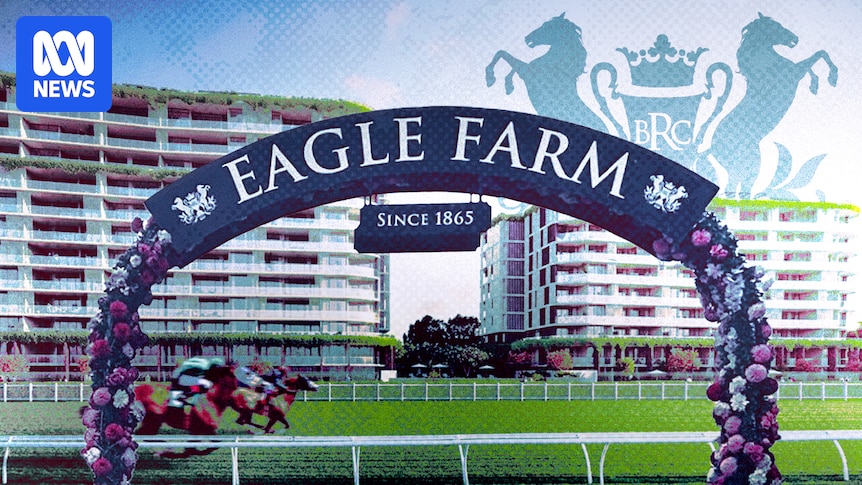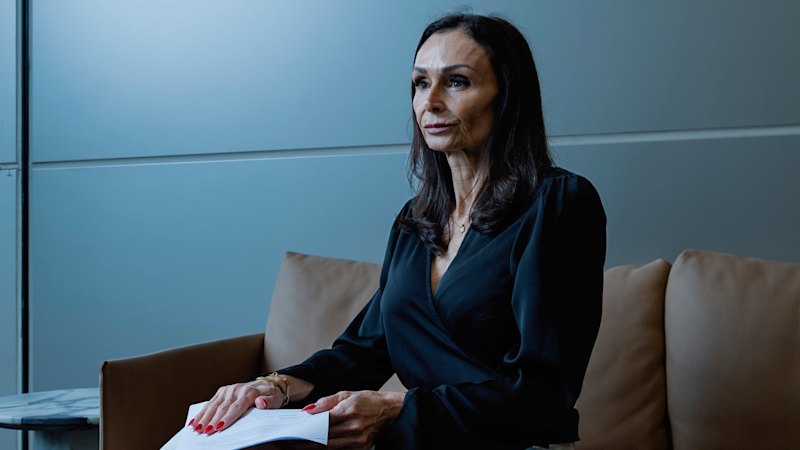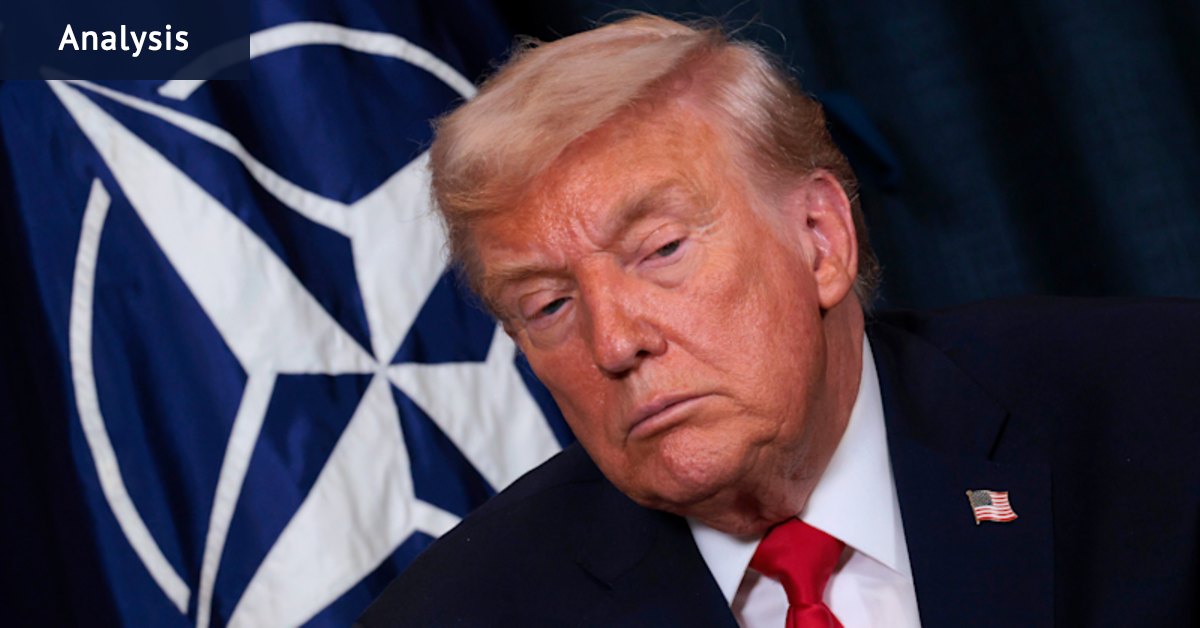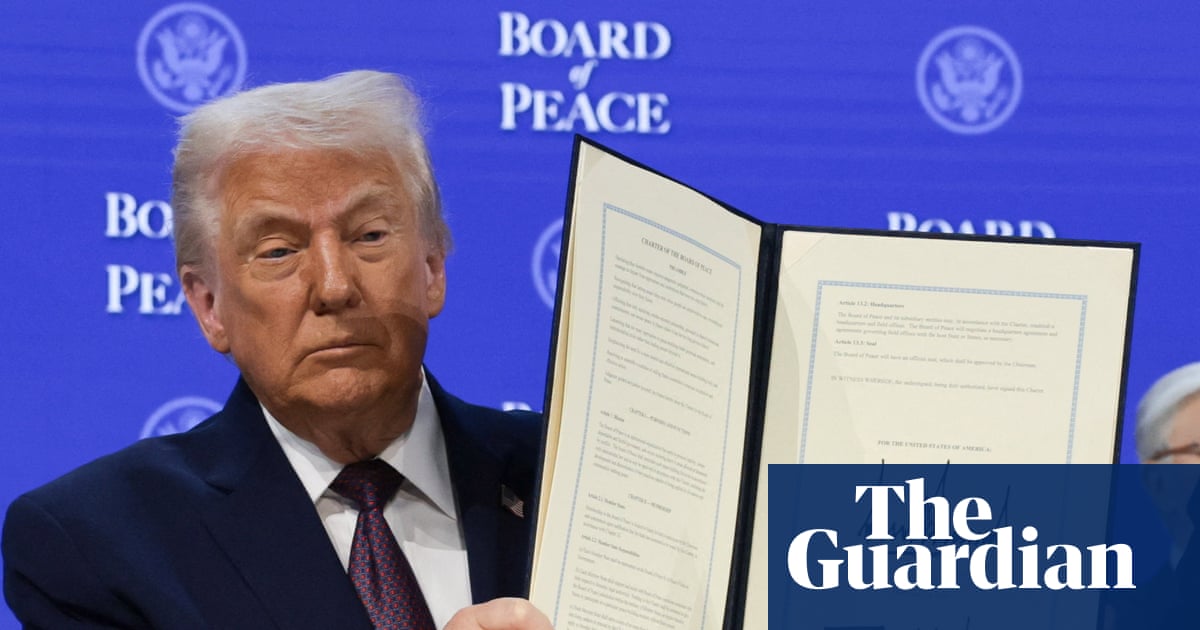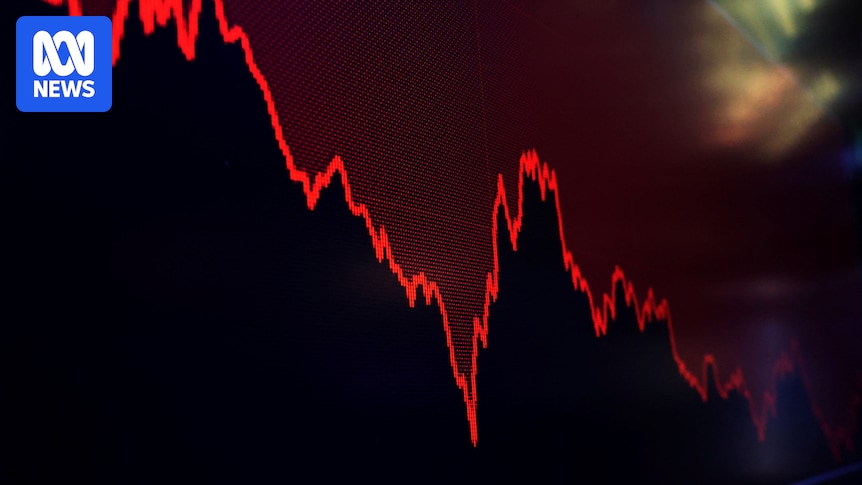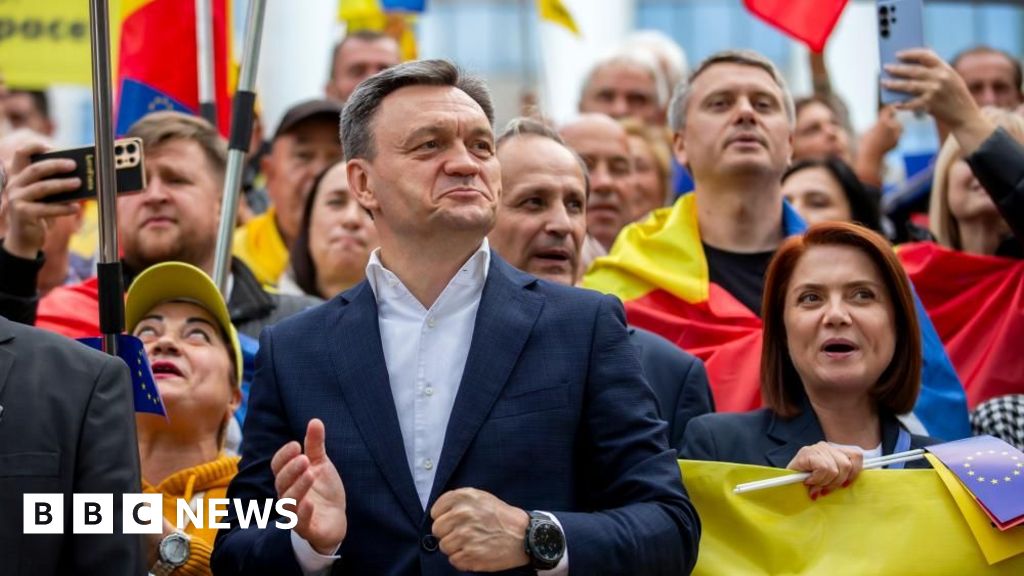
As Moldova prepares for a pivotal election on Sunday, the capital city of Chisinau is alive with the fervor of political rallies. On Friday evening, a crowd brandishing European Union flags marched through the city, voicing concerns over alleged Russian interference in the electoral process. “Their weapon is money, your weapon is your vote!” chanted supporters of the ruling Party of Action and Solidarity (PAS), a party known for its pro-European stance.
This rally comes in the wake of serious allegations by Moldovan police and prosecutors, who have revealed evidence of election interference linked to Russia. The accusations include vote-buying, disinformation campaigns, and a plot to incite violence, leading to the detention of several individuals who had reportedly received training in Serbia, including in the use of firearms.
Opposition parties, however, have dismissed these claims as a “political show,” suggesting that the government is setting the stage to annul the election results should PAS fail to maintain its parliamentary majority. Despite the controversy, Moldova’s shift towards the EU, especially after Russia’s full-scale invasion of Ukraine, has been significant. The evidence suggests a concerted effort by Russia to regain its influence in the region.
The Geopolitical Stakes
Nestled between Romania and Ukraine, Moldova has been navigating its independence since the dissolution of the Soviet Union over thirty years ago. Last summer, Moldova initiated EU accession talks alongside Ukraine, marking a significant pivot away from Moscow. Prime Minister Dorin Recean has described the upcoming elections as a “final battle” for Moldova’s future.
“There is constant pressure from Russia,” Recean stated, emphasizing the financial efforts made by Russia to destabilize the Moldovan government. According to Recean, these efforts equate to more than 1% of Moldova’s GDP, spent on propaganda and disinformation. A recent BBC investigation corroborated some of these claims, linking a network of fake news to Ilan Sor, a Moldovan oligarch currently residing in Moscow.
The Russian embassy in the UK has denied any involvement in such activities, countering that it is the EU that has been meddling in Moldova’s electoral affairs. This denial comes amid escalating tensions, with Russia’s military actions in Ukraine intensifying and reports of hostile activities elsewhere in Europe, including drone incursions into Poland.
The Election Choices
As Moldovans head to the polls, the choices extend beyond PAS. The Patriotic Bloc, comprising the Socialist and Communist parties, presents a significant opposition. However, a key figure, Irina Vlah, was recently barred from running due to allegations of illicit financing. Another political entity, Alternativa, positions itself as pro-EU, yet its candidates include the mayor of Chisinau, who faces travel bans in the Schengen zone for unspecified security concerns.
For many Moldovans, the election is not just about political allegiances but also about economic survival. Moldova’s economy has been strained by rising energy prices, exacerbated by the war in Ukraine, leading to near-zero growth. In rural areas like Cricova, economic hardship is palpable, with many residents expressing skepticism about political promises.
“The politicians have fancy paper to print their election posters and flyers, but there’s nothing decent for our kids’ schoolbooks,” lamented one resident, highlighting the disconnect between political rhetoric and daily realities.
Opposition Dynamics
Igor Dodon, a prominent opposition figure and former president, advocates for restoring relations with Russia. Despite the ongoing conflict in Ukraine, Dodon maintains a gallery of photos featuring Russian President Vladimir Putin in his office. He argues for a pragmatic approach, suggesting that Moldova should maintain good relations with all nations, driven by economic interests rather than ideological alignments.
Dodon has promised to oppose sanctions on Russia and revert to buying gas from Russia to reduce costs, questioning why Moldova should not follow the example of EU members like Slovakia and Hungary. His stance has fueled tensions with President Maia Sandu and her PAS allies, with Dodon warning of potential street protests if PAS claims victory in the election.
Unprecedented Interference
The scale of alleged Russian interference in Moldova’s elections is unprecedented, according to Police Chief Viorel Cernăuțeanu. He described the interference campaign as one of the most advanced and extensive to date, with Russia purportedly investing over $300 million in efforts to influence the outcome.
“For the Russian side, Moldova is seen as a territory where they should rightfully exercise influence…within the borders of the old empire,” explained John Lough, head of foreign policy at the New Eurasian Strategies Centre (NEST).
This interference is not just about swaying votes but also about establishing a foothold in Europe for further hybrid activities, particularly in the context of the breakaway Transnistria region, which remains under Moscow’s influence.
As Moldova braces for the election, the stakes are high. The outcome could determine the nation’s trajectory towards the EU or a return to Russian influence, with significant implications for the broader geopolitical landscape in Eastern Europe.



